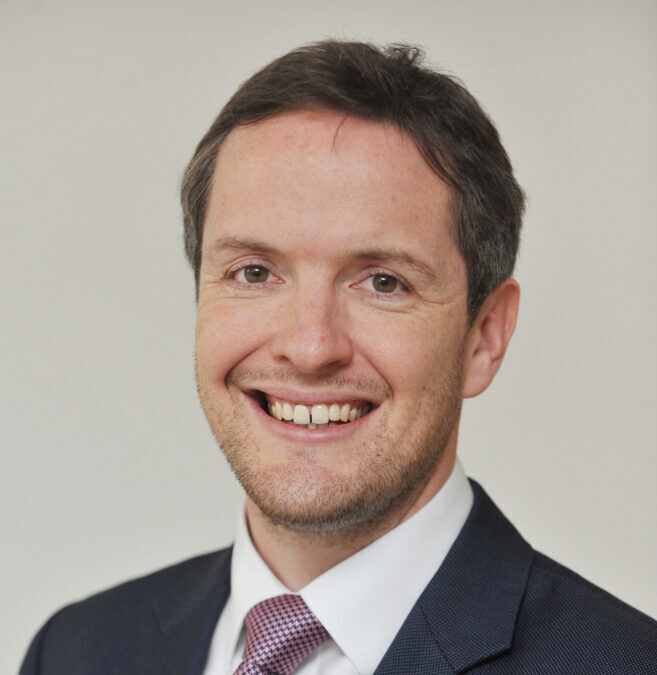Platforms are chasing assets in order to achieve scale but the winners of the future will need more than that.
The importance of scale is one of the key topics of conversation in the platform industry. Scale brings some clear benefits to platforms, such as allowing them to charge consumers less, providing the means of investment in technology to prevent them becoming obsolete and delivering returns to shareholders.
More often than not, scale is thought of as an assets under administration game. The three largest providers in the UK accounted for nearly half of the total £560bn in assets on platforms at the end of Q3 2017, according to Fundscape.
Aegon – following the deal to buy Cofunds – is in the lead with £90.5bn, followed by Hargreaves Lansdown (£82bn), with Standard Life including Elevate (£51.2bn) and Old Mutual (£48.8bn) completing the top five.
Is size the key?
Speaking at Platforum’s recent Retail Investment Conference 2017, Aegon chief distribution and marketing office Mark Till sought to define scale by saying platforms need to have £100bn of assets or more. Certainly assets are a factor and £100bn in AUA would be a major milestone.
But is a seemingly arbitrary number really the key to defining scale? Definitely not, according to Nucleus, which has argued scale is irrelevant if you cannot achieve profitability.
Certainly a number of the platforms in the top five have only achieved patchy profitability at best, and for Nucleus and others a focus on growing while achieving profits has always been more important than hitting any AUA target.
This is particularly true for those platforms operating off next-generation technology. For them, the not too distant future will see propositions evolving, using APIs to enable a modular approach to growth and service differentiation.
In an age where technology offers businesses such unparalleled opportunities, simply tying success to an arbitrary asset figure feels, well, arbitrary.
So scalable is perhaps the wrong word, then, especially for the newer entrants which may be trailing in terms of AUA but leading the way when it comes to turning a profit. There is also much to be said for platforms standing on their own two feet without involvement from a parent to keep them ticking over.
Combination approach
The future winners in this market are not going to do it with just scale, or a large amount of AUA, alone. Neither is a platform that has the potential to take advantage of scalability or even just the ability to adapt to a changing market. It sounds like a cliché but you need both.
Those platforms that have acquired scale via a large book of assets (either organically or acquired) but have not necessarily had the greatest net/gross sales ratios, or which have high operational costs, are now looking at technology and re-platforming exercises to take them to the next level.
Equally, the niche players, who had the benefit of working with technology and administration providers to deliver profitability quickly are now looking at achieving scale through taking a larger percentage of net inflows. It seems the two competing models are learning more from one another than they would like to admit.
Can anyone do an Apple?
Aegon is currently taking the brave and bold step of consolidating the back and front ends of the Cofunds/Aegon platforms. Is this an Apple moment in the platform market?
Specialist research consultancy CWC’s Clive Waller says this would be some achievement but notes no platform has managed such a feat as yet.
“Success often comes from passion, focus and leadership rather than size. If you can combine such attributes with size, you become an Apple. Not many do,” he says.
Certainly the above sounds like some form of platform nirvana but with the cost of technology falling and new developments altering the shape of the market significantly in the last decade, it should be the goal for all. Though whoever gets there first is still anyone’s guess.
*This article originally appeared in Money Marketing on 18th November 2017. You can view the article here.
More Insights



